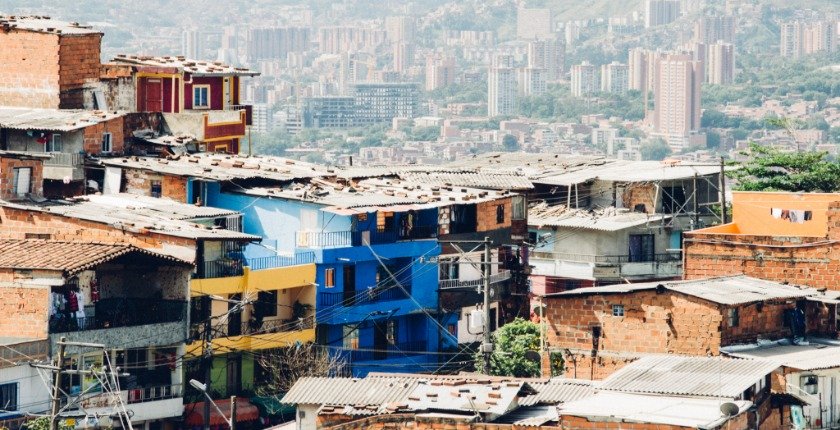Opinion - August 22, 2019
Inequality is holding all of us back


Written by Bertrand Piccard 3 min read
On August 26th, 2019, I will be addressing Heads of States and government officials at the 45th G7 summit, in Biarritz, France. This year's edition will focus on fighting inequality in its many forms. Indeed, disparities between the haves and the have-nots is not just a moral issue. Inequality has a destabilising impact on global politics and affects each and every one of us. It's now time to fight it.
Thinking that we can enrich ourselves on the backs of others, exploiting them for our own profit and benefiting from inequalities is an illusion that is either stupid or based on a very short-term vision. This will blow up in our faces; in addition to being morally unacceptable, inequalities are dangerous. They create hate and jealousy, violence and social instability. When I saw the rich neighbourhoods of Sao Paulo - barricaded and protected by electric barbed wire - I thought to myself how absurd it was that we had allowed things to get this way.
In the economically developed world, we are seeing the erosion of the middle class, where ever more people live in circumstances which are fragile, a small nudge away from being unable to make ends meet. This is a catastrophe that will result in an ever-increasing gap between the rich and the poor, diminishing quality of life for the majority of the population, ultimately obliging the richest to pay more taxes and social subsidies. We see that it is not in the interest of the richest to allow inequalities.
It’s the same thing when it comes to climate change; from our privileged viewpoint, we see the rest of the world coming to a slow boil, without realizing that all those for whom this situation becomes unlivable shall soon be heading our way - a trend which has of course already begun. And let’s be clear that no-one wants to uproot their family, move halfway across a continent with their few remaining possessions and no idea of what the future holds for them by choice - this is an act of desperation.
What I don’t understand is why the traditional political parties do so little, if not nothing, to solve the problem. Here again, they are acting against their own interests, creating a wide open space for populist leaders. Indeed, populism thrives in conditions when people feel they are losing something, are left behind, and that opportunities are not open to them. This has a toxic effect upon politics and political discourse, squeezing the space to develop effective policy that might actually help solve it.
Pressure is building, with ever more people risking to be pushed into precarity. We need to wake up the political, economic and social stakeholders that can react to diffuse these tensions and ensure our society and politics can continue to function.
This makes it especially important to take action to address climate change because even if it won’t address all inequalities, it will help resolve the new inequalities caused by a warming planet. And by recognizing that there are solutions that are profitable and that can protect the environment, such as those that we at the Solar Impulse Foundation are seeking to identify, we can go some way to tackling them. In both the poorest and the richest countries, clean and renewable energy can help to spur the economy, create jobs, and unlock all the other means at our disposal to protect the environment and grow prosperity.

Written by Bertrand Piccard on August 22, 2019
